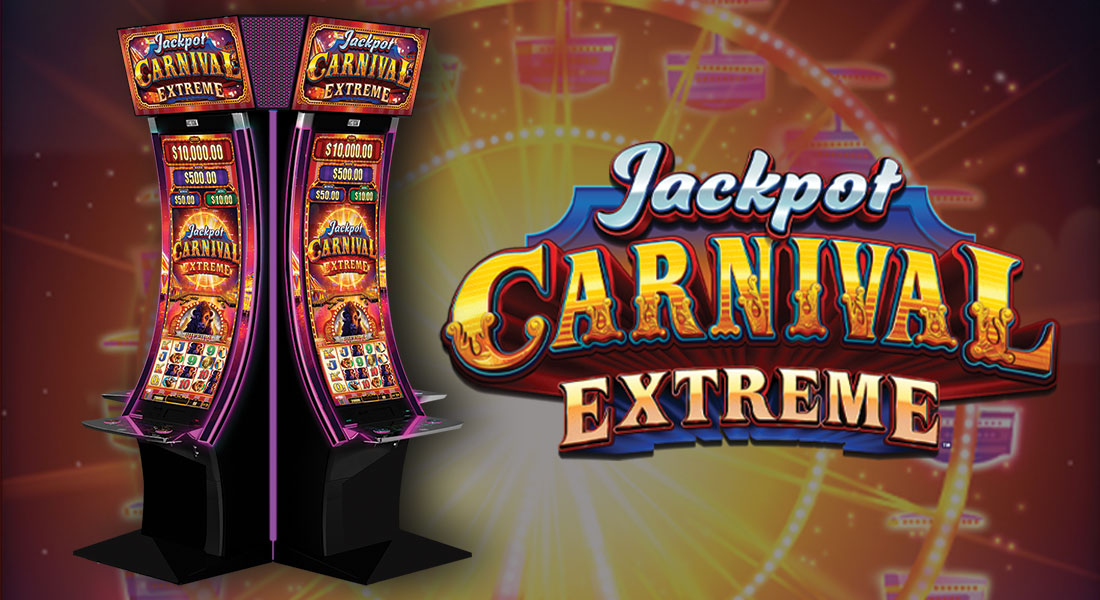Slot games, often known as slot machines or simply “slots,” have been a central fixture in the world of gambling for over a century. From their humble beginnings as mechanical devices in saloons and casinos, slot games have evolved into complex, engaging experiences available both in brick-and-mortar casinos and online. Whether you’re a casual player or a serious gambler, the appeal of slot games is undeniable. This article explores the history, mechanics, and evolution of pabriktoto games, shedding light on why they continue to captivate players across the globe.
The Origins of Slot Games
The history of slot games can be traced back to the late 19th century. The first slot machine, the Liberty Bell, was invented by Charles Fey in 1895 in San Francisco. This mechanical device featured three spinning reels with symbols such as horseshoes, stars, and the iconic Liberty Bell. Players would insert a coin, pull a lever, and wait for the reels to align. If the symbols matched, the machine would automatically pay out winnings, typically in the form of coins.
As demand for these machines grew, manufacturers began producing more advanced versions, and by the early 20th century, slot machines were commonplace in American bars and saloons. Despite occasional attempts to ban them, their popularity persisted, with some machines offering payouts in the form of cigars or gum during prohibition periods.
Mechanics of Slot Games
The basic concept of slot games has remained largely the same over the years: players place bets, spin the reels, and hope that a winning combination of symbols appears. However, modern slot machines have become much more sophisticated in terms of design and gameplay.
Reels and Symbols: In traditional slot machines, reels are physical, and symbols are printed on them. In today’s digital slot games, however, reels are virtual, allowing for more creativity in design. Slots typically feature between three to five reels, with various symbols such as fruits, bars, diamonds, or themed icons depending on the game.
Paylines: A payline is the line on which a payout will be awarded based on winning symbol combinations. In early slots, there was typically only one payline across the center. However, modern video slots can have dozens or even hundreds of paylines, with various combinations of horizontal, diagonal, or even zigzagging lines.
Random Number Generators (RNGs): Central to the fairness of modern slot games is the Random Number Generator (RNG). This software ensures that the outcome of each spin is completely random, making it impossible to predict or influence the result. Whether in physical slot machines or online games, RNGs guarantee the integrity of the game and provide a fair chance for all players.
The Rise of Online Slot Games
With the advent of the internet, the world of slot games underwent a revolutionary transformation. Online casinos emerged in the late 1990s, offering a virtual alternative to traditional casino experiences. This opened the door for slot games to reach a global audience, no longer confined to physical machines in casinos.
